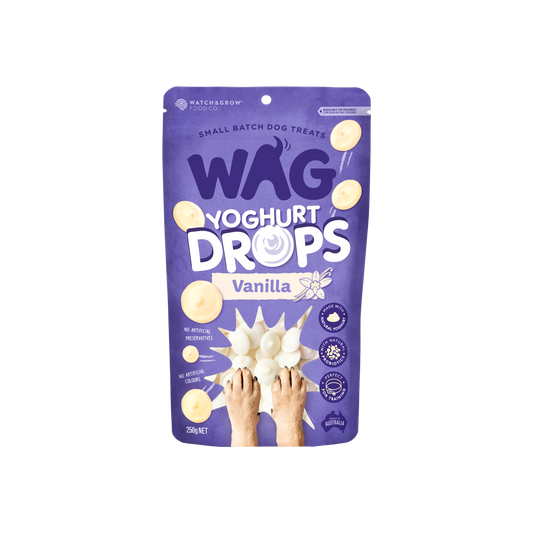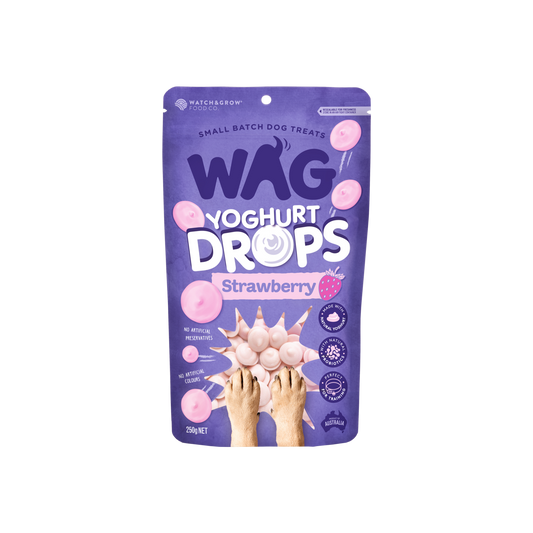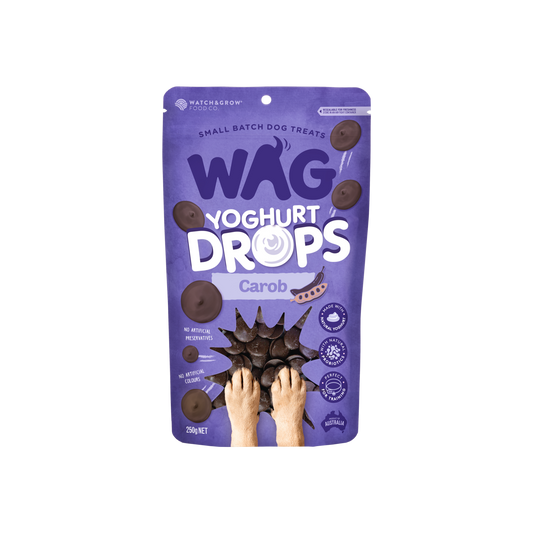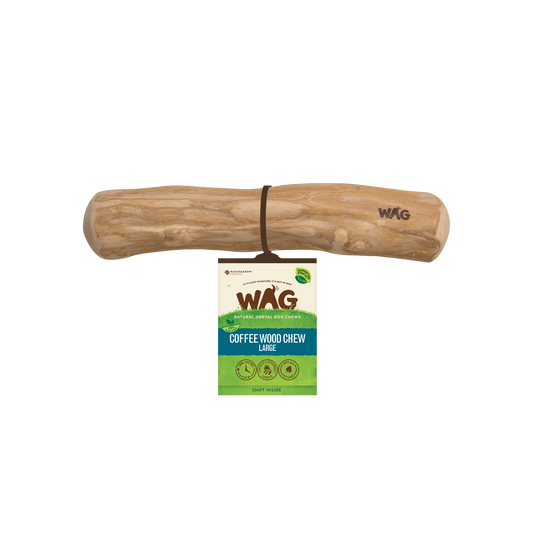If you’ve noticed an enormous rise in the vegan, vegetarian and plant-based population, then you’re not the only one. Veganism has increased in popularity over the last decade and continues to grow in popularity, and sometimes controversy.
It’s estimated that between 2014 and 2017, veganism increased globally by 600%. This number continues to grow, with the Veganuary movement held in January 2020 seeing a record 400,000 participants, compared to 250,000 in 2019. That’s a 60% increase in just one year and an enormous increase from the 3,000 who signed up when the movement was first born in 2014.
With so much attention directed towards diets and lifestyles devoid of animal products, it’s no surprise that some pet owners are following suit with their furry family – a phenomenon that has attracted grand scale controversy and heated discussion.
Have you ever wondered to yourself if feeding a plant-based, vegan or vegetarian diet to your dog is a good idea? We’ve taken a look at the facts to help you understand how the scientific power of nutrition can inform the next diet change you make for your doggo.
Do dogs really need to eat meat?
Dogs belong in the Carnivora family, a group of animals whose members consume meat and animal products. Dogs share this title with other mammals like bears, racoons, hyenas and even the common house cat.
Members of the Carnivora family feature a unique arrangement of teeth and a distinctive skull shape that is designed to tear and shear meat and bones. They also have a digestive system especially efficient at processing vitamins, nutrients and minerals from animal products, and not so efficient at digesting plant and vegetable matter.
Many of these animals are highly omnivorous and their diet changes depending on the season, current habitat, and availability of resources. Like dogs, these animals might not digest plant matter and starches as well as other species, but they are certainly capable of putting them to use. However, as members of the Carnivora family, the answer is in the name. Meat is an essential part of their diet.
Meat provides a variety of essential proteins for dogs, some of which (like collagen and keratin) are exceptionally challenging and, in some cases, impossible to derive from a vegan diet. Meat and animal products are highly bioavailable to dogs, meaning they contain a large number of nutrients that can be absorbed and put to use by the body.
Beyond that, meat is exceptionally palatable for dogs. When presented with a bowl of juicy, flavourful meat or a fresh veggie treat, very few dogs would choose the latter.
However, like many foods made for humans, just because a food contains meat does not always mean it’s the best option for your pet. Products that mention beef tallow, meat by-products or bone meals use the lowest quality products of an animal. If you wouldn’t eat it yourself, do you want to feed it to your pet? By comparison, single-ingredient meats, quality meat meals and dehydrated meat are decent quality, rich in protein, and will add to a balanced diet for your dog.
Do dogs need vegetables?
The bioavailability of fruits and vegetables are reduced in comparison to animal meat, bones and organ. Whilst your dog might enjoy snacking on a fresh vegetable every once in a while, they probably won’t be doing a whole lot of good. You might even occasionally notice some of it come out the other end completely unprocessed.
But even for dogs, fruit and vegetables can provide beneficial vitamins and nutrients. Whilst they are enormously lacking in essential fats and proteins, they can help foster a healthy gut and digestive prebiotics, probiotics and antioxidants. Despite what you might have heard, the canine digestive system is quite capable of digesting and utilising nutrients from fruits and vegetables.
While the bioavailability will still be reduced in comparison to meat, heating and pureeing plant matter will take some of the strain off the canine digestive system – meaning they can put less energy into ingestion and more into utilising the beneficial vitamins.
However, unlike us humans who are primarily considered as omnivores and can survive on a plant-based diet, dogs are primarily carnivorous. So, while vegetables can be good for them, they need to form part of a balanced diet that includes meat.

What about starches or grains?
In case you needed the recap: a starch is a form of carbohydrates. Foods traditionally high in starches include potatoes, beans, lentils and grains. Some fruits and vegetables contain starch, including peas, corn and bananas.
Whilst their wild wolf counterparts aren’t quite so lucky, modern day dogs are particularly adept at digesting starch. Research has indicated that, due in large part to the canine-human relationship and evolution, dogs have an increased amount of the enzyme amylase. This enzyme allows for efficient digestion of starch and has allowed dogs to digest starch a staggering five-times-better than wolves.
Unfortunately, not all grains are created equal. Some cheaper commercial pet foods use grains as ‘filler’ products to bulk out their ingredients with little nutritious value to your dog. Despite all their modern evolution, in large quantities these low-value grains can be difficult for your dog to digest. If a food has grains listed as one of the main ingredients, it could be time to consider an alternative.
So, can my dog be a vegan or vegetarian?
Simple answer: The jury is still out on that!
Dogs are natural carnivores and it’s extraordinarily difficult to formulate a meat-free diet without causing deficiencies. There are also numerous drawbacks: due to the lower bioavailability of vegetables, fruit and (to a lesser degree) starches, you will need to feed much more to reach nutrient targets than you would with a meat-inclusive diet. More food means more waste, so you’ll likely notice an increase in stool and a deterioration in quality.
However, in the same way that treats can be a tasty addition to a dog’s diet, so too can the occasional vegan meal, treat or snack. Vegetables and high-quality grains or starches can be a nutritious addition to your dog’s diet, when done correctly with the proper balance of meats for their digestion and nutrition.
But isn’t a vegan diet better for the environment?
The world at large is taking great leaps towards more ethical processing. More and more, voices are growing louder about protecting and defending our planet from the ruinous effects of climate change, mass production and consumption of vital resources. These voices have been hugely influential, affecting how large-scale companies procure and package their products, trickling all the way down to how individuals and families manage their household waste. And encouraging a reduction of meat and its impact on the environment.
We understand that the production and consumption of animal products can present a burden to the ecosystem and do our utmost to include advanced sustainable practices. Which is why we keep a close eye on our ecological footprint and ensure that our processes are innovative and as harmless as possible to the greater ecology and global environment.
If you are concerned about the impact of animal products on the environment, we recommend finding ethically sourced and sustainable pet food for your dog. They might not be able to have a vegan diet, but that doesn’t mean that there aren’t products available that are better for our pets, and the environment as well.
Shop the Recipe
WAG Team
Up Next
How to transition your dog to natural food







